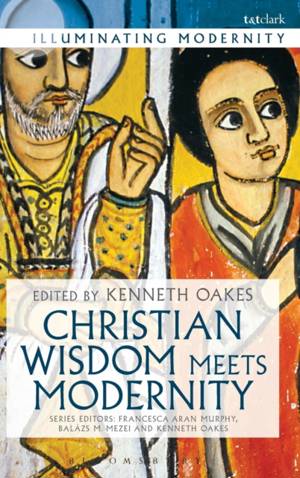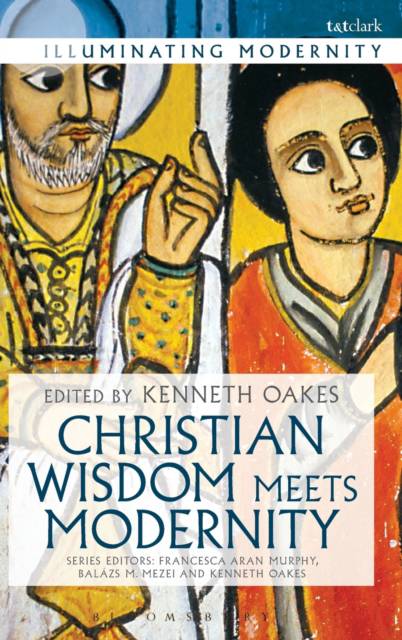
- Afhalen na 1 uur in een winkel met voorraad
- Gratis thuislevering in België vanaf € 30
- Ruim aanbod met 7 miljoen producten
- Afhalen na 1 uur in een winkel met voorraad
- Gratis thuislevering in België vanaf € 30
- Ruim aanbod met 7 miljoen producten
Zoeken
Omschrijving
The 'Illuminating Modernity' series examines the great but lesser known thinkers in the 'Romantic Thomist' tradition such as Erich Przywara and Fernand Ulrich and shows how outstanding 20th century theologians like Ratzinger and von Balthasar have depended on classical Thomist thought, and how they radically reinterpreted this thought.
The chapters in this volume are dedicated to the encounter between the presuppositions and claims of modern intellectual culture and the Christian confession that the crucified and resurrected Jesus is the power and wisdom of God and is the lord of history and of his church.
The scholars contributing to this discussion do not assume that Christianity and modernity are two discrete entities which can be readily defined, nor do they presume that Christian wisdom and modernity meet each other only in conflict or by coincidence. They engage with a variety of great figures - Kierkegaard, Heidegger, Rahner, Przywara, Guardini, Karl Barth, and Karol Wojtyla - to illustrate the connection between modernism and Christian wisdom. The volume concludes with a programmatic statement for the renewal of Christian philosophy that has been able to retain the cosmo-theological vision as outlined by Mezei in the final chapter.
The chapters in this volume are dedicated to the encounter between the presuppositions and claims of modern intellectual culture and the Christian confession that the crucified and resurrected Jesus is the power and wisdom of God and is the lord of history and of his church.
The scholars contributing to this discussion do not assume that Christianity and modernity are two discrete entities which can be readily defined, nor do they presume that Christian wisdom and modernity meet each other only in conflict or by coincidence. They engage with a variety of great figures - Kierkegaard, Heidegger, Rahner, Przywara, Guardini, Karl Barth, and Karol Wojtyla - to illustrate the connection between modernism and Christian wisdom. The volume concludes with a programmatic statement for the renewal of Christian philosophy that has been able to retain the cosmo-theological vision as outlined by Mezei in the final chapter.
Specificaties
Betrokkenen
- Uitgeverij:
Inhoud
- Aantal bladzijden:
- 272
- Taal:
- Engels
- Reeks:
Eigenschappen
- Productcode (EAN):
- 9780567666871
- Verschijningsdatum:
- 5/05/2016
- Uitvoering:
- Hardcover
- Formaat:
- Genaaid
- Afmetingen:
- 156 mm x 234 mm
- Gewicht:
- 553 g

Alleen bij Standaard Boekhandel
+ 644 punten op je klantenkaart van Standaard Boekhandel
Beoordelingen
We publiceren alleen reviews die voldoen aan de voorwaarden voor reviews. Bekijk onze voorwaarden voor reviews.







